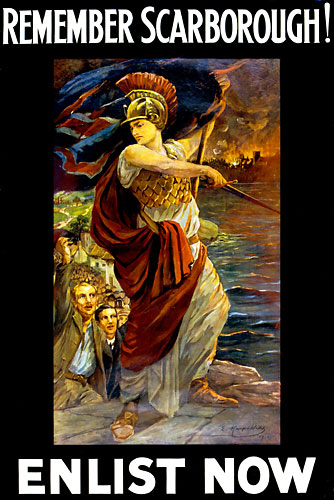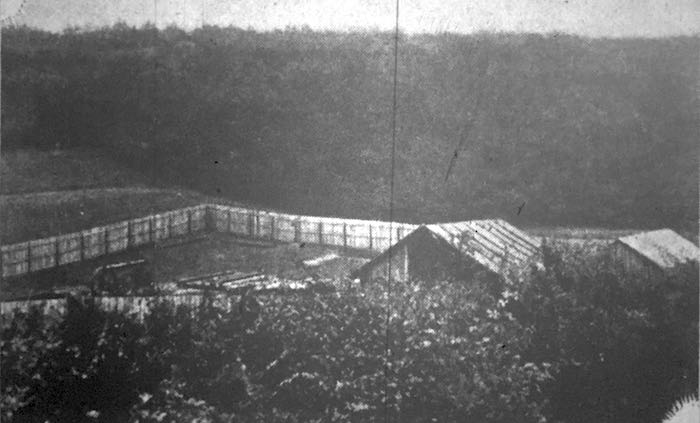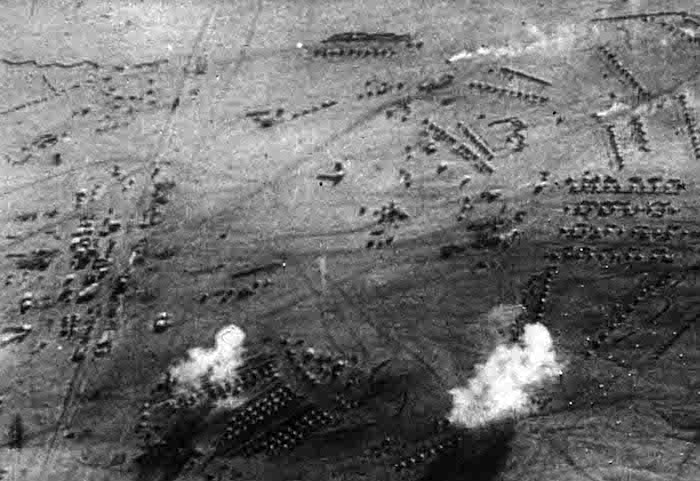The road to war — VI
After a break of a few weeks, today I recorded another Road to War episode for ABC New England, covering the period 10–16 December 1914. I focused on the German naval bombardment of Hartlepool, Scarborough and Whitby, which caused the greatest loss of civilian loss of life due to enemy action in Britain for the […]





